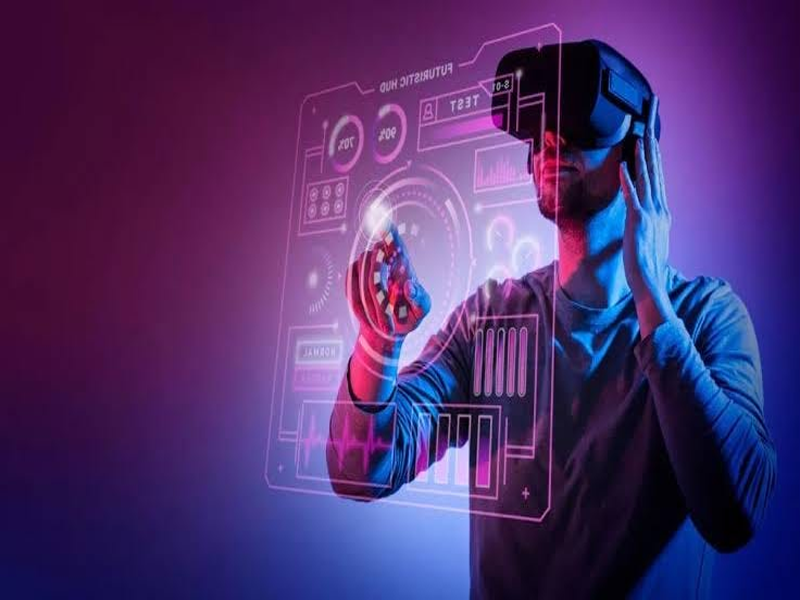Technological Advancement and Digitalization
SHAPING THE FUTURE OF OUR WORLD

- 156
- 0
In the modern era, technological advancements and digitalization are transforming every aspect of our lives.
From how we communicate to how we work, learn, and even relax, the rapid growth in technology is reshaping societies and economies worldwide. This transformation, powered by innovations like artificial intelligence (AI), blockchain, the Internet of Things (IoT), and cloud computing, is creating endless opportunities and challenges. Digitalization refers to the integration of digital technologies into everyday life, drastically changing industries and businesses. It enables the automation of processes, the creation of new digital products and services, and the transformation of traditional industries into more efficient, tech-driven operations. For example, industries such as banking, healthcare, and retail have embraced digital solutions to streamline their services, reduce costs, and improve customer experiences. In the healthcare sector, for instance, telemedicine and AI-driven diagnostic tools are revolutionizing patient care. Doctors can now diagnose and treat patients remotely, while AI algorithms can analyze medical data to predict potential health issues even before they manifest.
Such advancements have made healthcare more accessible, especially in remote areas, and are paving the way for more personalized, data-driven care. In the business world, digital tools are facilitating better communication, collaboration, and decision-making. Cloud computing has enabled companies to store vast amounts of data and access it from anywhere, enhancing flexibility and reducing operational costs. Additionally, AI-powered analytics allow businesses to make data-driven decisions that are more precise and timely. On the employment front, digitalization is reshaping the workforce. Automation is taking over repetitive tasks, allowing employees to focus on more strategic and creative endeavors. However, this shift is also creating a demand for new skills, particularly in fields such as data science, cybersecurity, and AI development. The rise of remote work, accelerated by digital tools, has changed the traditional office environment, offering greater work-life balance but also presenting challenges related to team cohesion and productivity. Despite its many benefits, digitalization comes with its own set of challenges. Data privacy and cybersecurity are major concerns as more personal and sensitive information is stored online.
The digital divide remains a significant issue, with many regions lacking access to the necessary infrastructure for digital inclusion. Furthermore, the rapid pace of technological change can create disruption and job displacement, requiring businesses and governments to adapt to these new realities. Technological advancements and digitalization are driving a transformation that is not just changing the way we live but also shaping the future of humanity. While there are challenges to overcome, the potential for innovation and growth is immense. As we continue to embrace these changes, the key will be to leverage technology in a way that benefits everyone, fostering greater connectivity, efficiency, and inclusivity in our global society.

















































